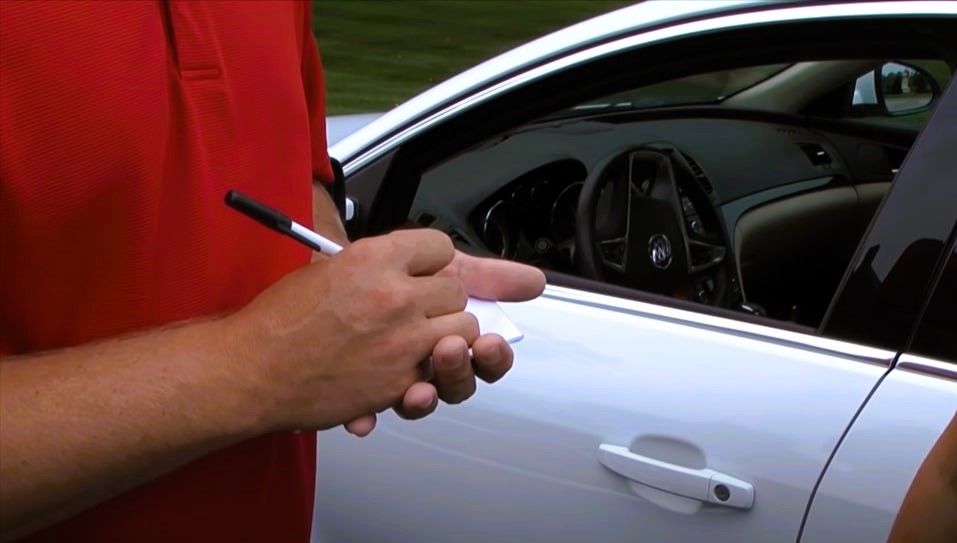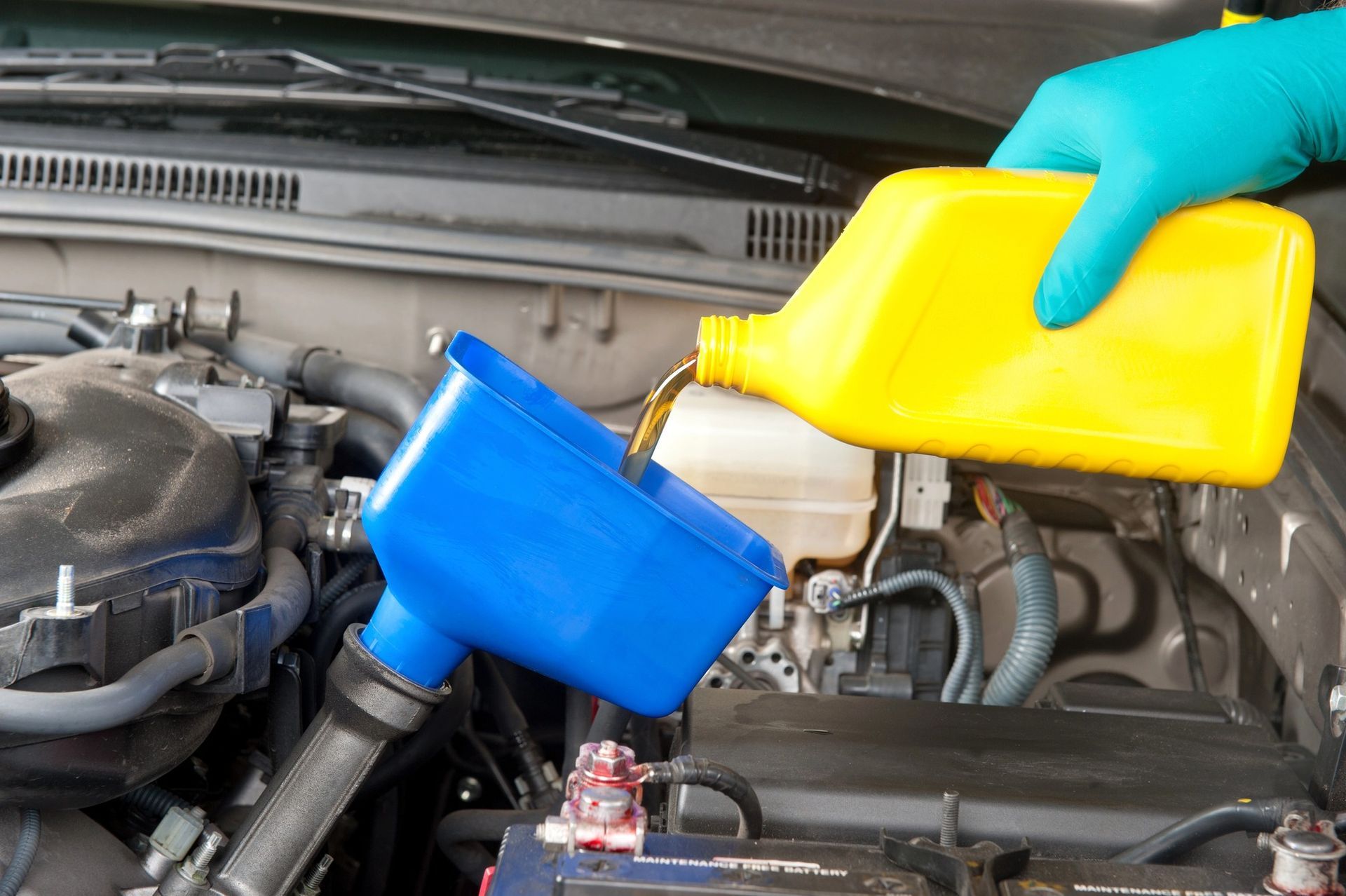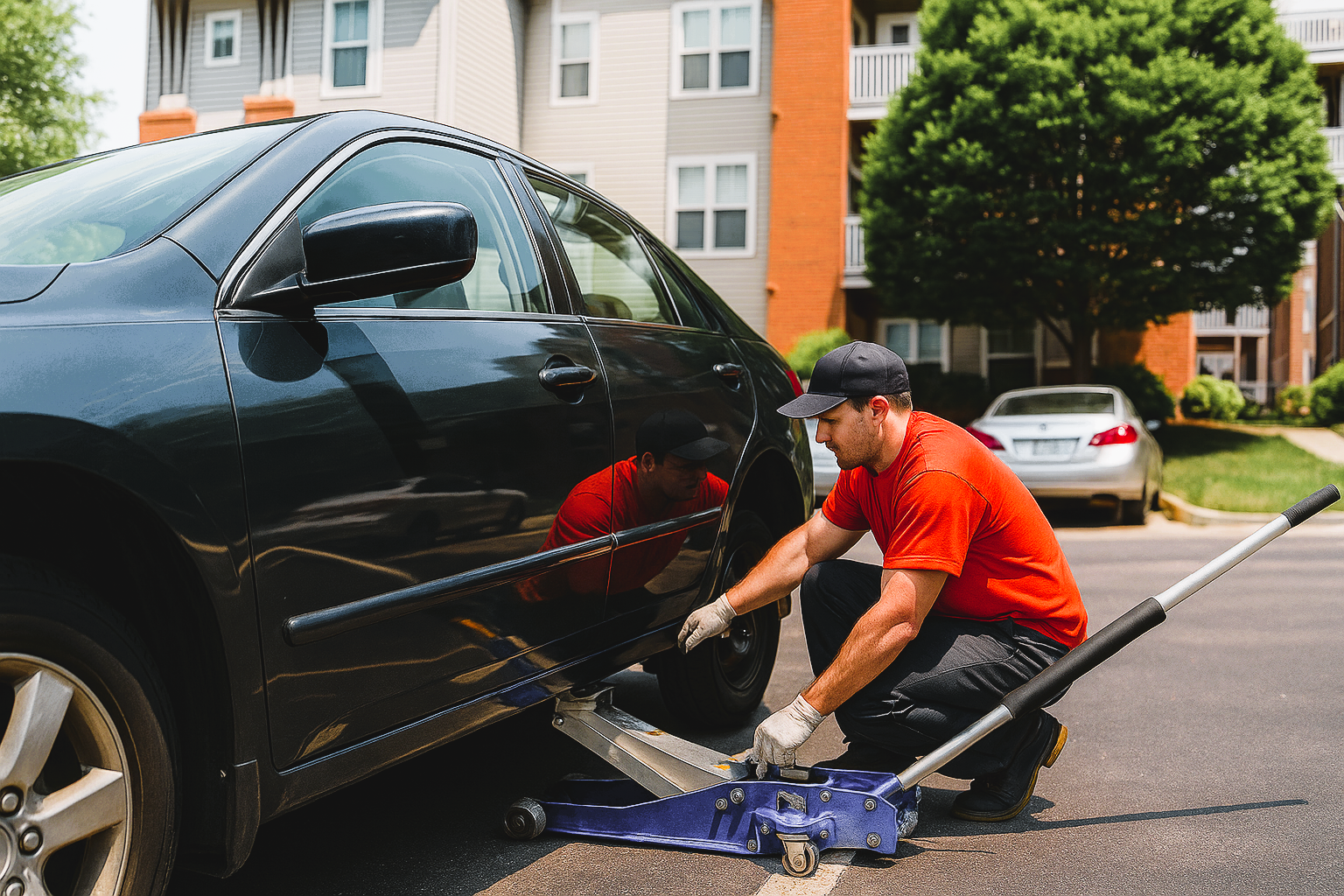The Ultimate Checklist: What to Do After a Vehicle Accident
Discover essential steps to take after a vehicle accident in this guide.

Being in a car accident is jarring, leaving you feeling shaken and unsure of what to do next. These incidents come out of nowhere, suddenly tossing you into a whirlwind of confusion and worry. To help you find your footing during these stressful times, we've put together a comprehensive checklist detailing the essential actions to take following a car accident. This guide aims to simplify the post-accident steps, providing you with clear, actionable advice to manage the situation calmly and make informed decisions.
With an understanding approach and expert insights, we're here to navigate you through the aftermath of a vehicle accident. Trust us to guide you with practical steps and straightforward advice, ensuring you're prepared to tackle the challenges ahead with confidence.
- Prioritize Safety Above All: First, quickly assess the situation for any injuries and call emergency services if needed. It's crucial to ensure the well-being of everyone involved, as their safety is our primary concern.
- Safely Shift to a Secure Spot (When Possible): In the wake of a minor accident, if it's safe and you're able to, guiding your vehicle out of the path of traffic can significantly reduce the risk of additional problems. If you can't move your car without risking safety or it's just not possible, turning on your hazard lights is a crucial step to signal and safeguard yourself and others from potential hazards.
- Exchange Crucial Information: In the aftermath of an accident, it's vital to calmly exchange key details with the other driver(s). This includes names, contact numbers, addresses, driver's license and license plate numbers, and insurance information. This step lays the foundation for a smoother resolution process.
- Document the Incident Thoroughly: Take detailed photographs of the accident's impact from every angle, ensuring all damages across vehicles are well-documented. If there are witnesses, their perspectives can be incredibly helpful. Collect their stories and contact information, as this could prove invaluable for navigating insurance claims and any potential legal matters.
- Responding to an Accident: If you're involved in an accident, understanding the seriousness of the situation is crucial. It might be necessary to involve law enforcement, as a police report can be pivotal when navigating insurance claims and establishing who's at fault. We're here to guide you through these steps, offering clear, practical advice to help you manage the situation with confidence and ease.
- Contact Your Insurance Provider: It's crucial to contact your insurance company immediately after an accident. Share all the relevant details and work together through the claims process. This step is key to ensuring you're supported every step of the way.
- Make Your Health a Priority with a Medical Check-Up: Injuries can appear without warning, often silently lurking. Just feeling okay doesn't guarantee your health is perfect. That's why we strongly recommend a thorough medical check-up, no matter how you feel. It's a smart step for your well-being, helping you stay ahead of any health issues. Your future self will thank you for this precaution.
- Streamline Your Records: It's crucial to keep a well-organized file for all documents related to any accident, including medical records, payment receipts, and any interactions with your insurance provider. This approach not only simplifies the process for you but also ensures you're prepared and informed every step of the way.
- Understand Your Legal Rights: Knowing your rights and responsibilities is crucial. A chat with a legal expert can shed light on any murky areas, particularly in situations where the accident has led to disagreements. It's about giving you a clear map of a complex legal territory, with empathy and expertise guiding you every step of the way.
- Emphasizing Emotional Health: Accidents impact more than just physical well-being; they deeply affect emotional health, too. It's essential to allow yourself significant time for emotional recovery and to seek support when facing these difficulties. Approach your recovery journey with patience and understanding, and remember, reaching out for help demonstrates strength, not vulnerability.
Following this guide can greatly simplify the steps after an accident, ensuring your safety, protecting your rights, and smoothing out the recovery and claims process. For minor vehicle issues, consider the convenience of
mobile
auto repair services like SLC Fleet Pro Mobile Mechanic. Our mobile mechanic repair services not only save you a trip to the workshop but also your hard-earned money. Moreover, if you're feeling emotionally shaken post-accident, it might be a good idea to look into counseling or therapy. Taking good care of yourself is crucial in these moments. Always drive safely and with caution.
Contact us today!


